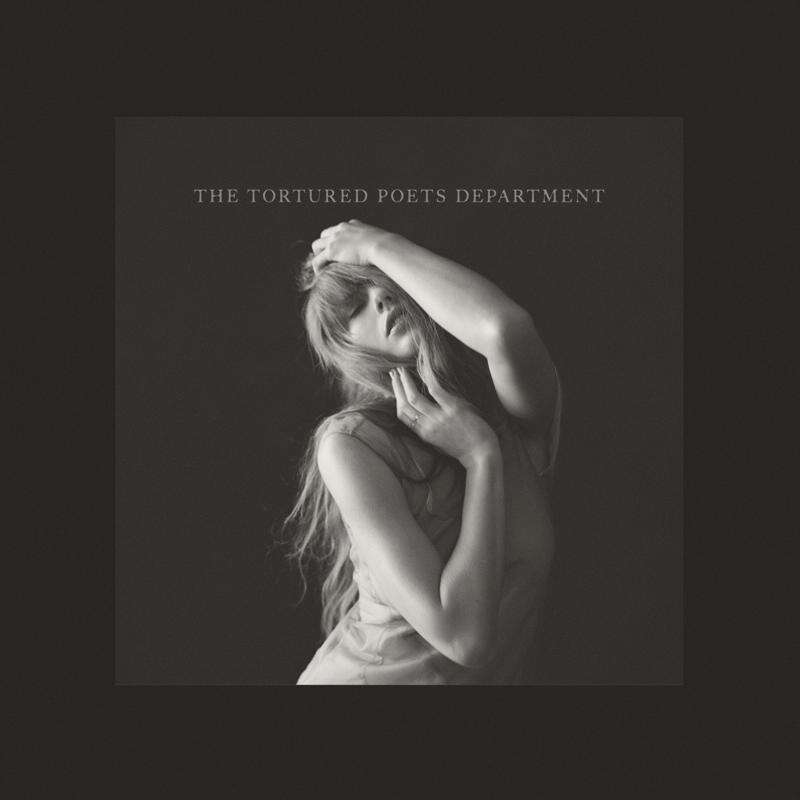One part witchcraft, one part ice explorer — and five women struggling through an uncaring world leads to “Red Clocks” by Leni Zumas. Zumas is a creative writing professor based in Portland, Oregon, who writes dark Gothic modern fiction. The Daily Texan asked her some questions about her latest book before she gave a talk at the Joynes Reading Room on Monday, Oct. 15.
The Daily Texan: Did you want to write a political book or did you want to tell a story?
Leni Zumas: I tend to think of all stories as political in the sense that they’re about people’s relationships, power and social organization. But I understand your question about more overtly political issues, and the answer is no. I started “Red Clocks” in 2010 and, certainly, a lot of political questions were in my mind when I began, especially to do with gender, women’s lives and reproductive rights, but I did not have any message or lesson in mind. That’s not how I write. I start with questions, characters and language, and so when I began, I was mostly thinking about the characters and the connections between them rather than ‘Oh, I want to write a book on abortion rights.’ That was definitely not on my agenda.
DT: Was there any one point where you felt the story was turning into less a story of the characters , or do you always feel like the politics are only a part of the story?
LZ: Well, when I was revising the book, after I had found a publisher, and working with an editor, one of her questions was about the Personhood Amendment and the ways it works in the book because I certainly wanted that political legislation to be putting pressure on the characters. It was more hidden until my editor said, ‘Hey, be more explicit,’ because it wasn’t that I wanted to bury the politics, but I wanted to imagine the lives of people who are barely aware or partially aware of the legislation that is affecting them. I think for many of us in the United States, unless we are following politics 24/7, there are a lot of political maneuvers that are affecting us without being completely aware. That sort of haziness was interesting to me.
DT: Why did you make the choice of having the characters be named things like “the daughter” instead of by their given names?
LZ: That technical choice started out as an experiment to see what would happen if I used their labels instead of their names as the chapter headings. As I played around with that, it seemed that it did also create the opportunity to think about roles and labels and how we identify ourselves or others identify us. Is the most important thing about someone that they’re a wife or a mother or a CEO of a company? What are the ways we’re asked to identify? One of the things I noticed was on Hillary Clinton’s twitter bio she wrote “mother, wife and then secretary of state, presidential candidate,” and that struck me. That she either wanted to or felt she had to insist upon her maternal role and spousal role before any other role. That just left a question in my mind.
DT: This book has a lot of concrete information about the world like the Personhood Amendment, but also, it takes a lot of breaks to be more poetic and more abstract like with the Mender and with the Explorer.
LZ: Because I was writing this character of the biographer — who is herself a writer — I wanted the reader to experience a little bit of what she was writing as a creator. The polar explorer’s story, I know some readers are thinking, ‘Why is this in here? What does this have to do with the rest of the characters?’ One of my hopes, at least for that narrative thread, was to enlarge the sense of history and inheritance that we have today in the 21st century with a woman in the 19th century who wanted to live differently from the way her gender proscribed her to live and the risks she took and the discoveries she made. The fact that her story was almost entirely erased or buried, the biographer is trying to restore it and recover it.
DT: Or even some of the women in this book feel as though they are living in a way that society doesn’t want them to.
LZ: That’s something I see in our current politics very much — this very narrow definition of how people are supposed to live and the suffering that comes from it. Like the way the current administration frames people who weren’t born in the U.S. and slaps the label “illegal” on them as if the only thing that matters is where they were born. All of those big and small messages are so corrosive, and I am very interested particularly in female characters who aren’t in romantic relationships and aren’t trying to have romantic relationships because that’s a plot that I feel is so common in literature today and especially in 19th and 20th century literature. Of course, there are exceptions, but it’s a pretty powerful narrative precedent.














